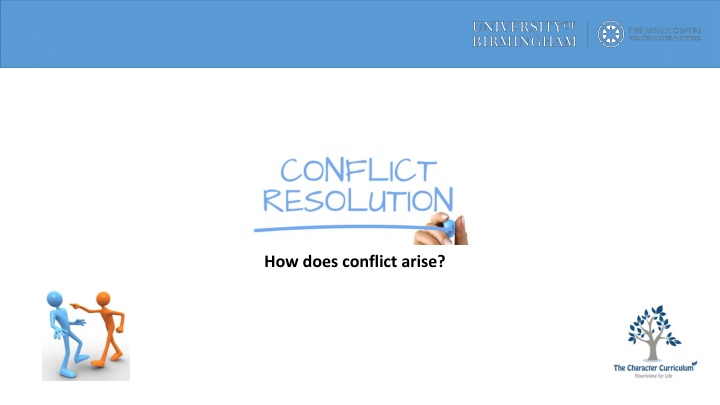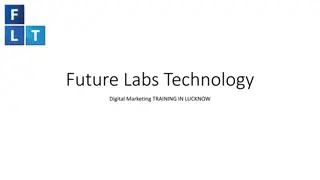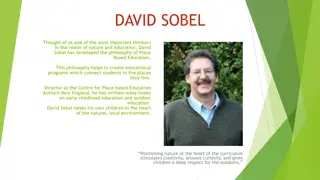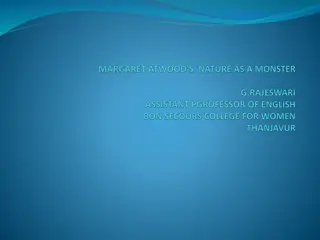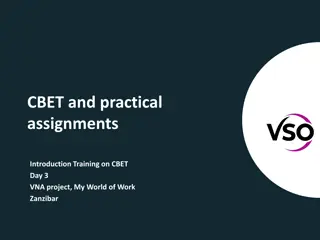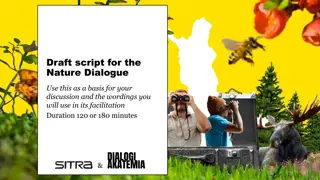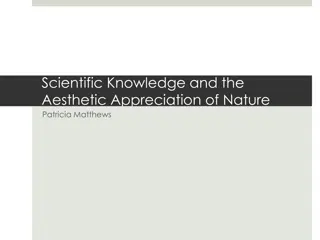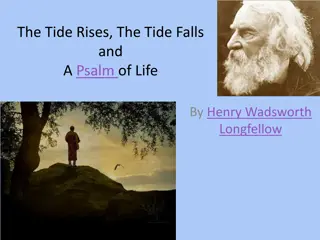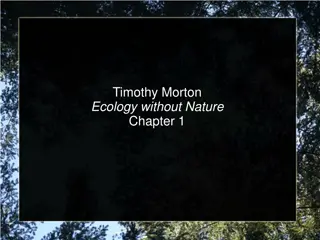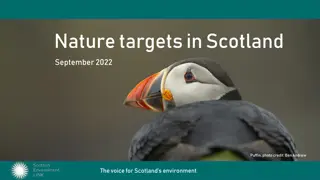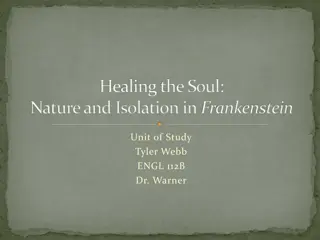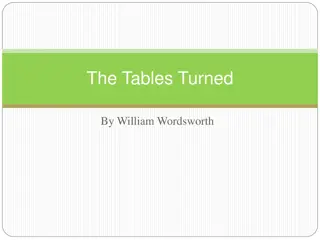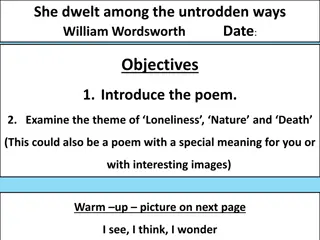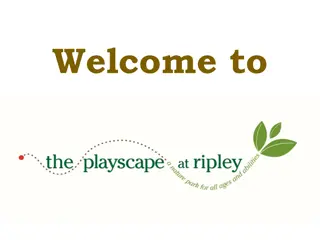Nature of Practical Research
Inquiry-based learning involves a process of investigation and questioning to obtain knowledge, enhancing thinking power for innovative solutions. Educational theories support this approach, emphasizing experiential learning and diverse perceptions.
Download Presentation

Please find below an Image/Link to download the presentation.
The content on the website is provided AS IS for your information and personal use only. It may not be sold, licensed, or shared on other websites without obtaining consent from the author.If you encounter any issues during the download, it is possible that the publisher has removed the file from their server.
You are allowed to download the files provided on this website for personal or commercial use, subject to the condition that they are used lawfully. All files are the property of their respective owners.
The content on the website is provided AS IS for your information and personal use only. It may not be sold, licensed, or shared on other websites without obtaining consent from the author.
E N D
Presentation Transcript
What is conflict? Can you come up with a definition of conflict? Is all conflict bad? Are there any examples of where conflict might be used positively?
Ask two students to act out a scenario where two people are having a disagreement that escalates and gets worse after starting with a comment in the corridor. What were the stages of the conflict? How did things escalate? Explore the conflict escalator. Do you relate to this?
Why conflict? Why might conflict arise? Can you think of any examples where you have started conflict with someone else? Why did this happen?
There maybe many reason that people experience conflict with one another. Everybody brings their experiences, hurts and baggage to relationships. Make a list of the personal reasons that someone might have a conflict with someone. How do they compare with this list? Past relationships with a person Current feelings about a person Past experiences with conflict Current feelings about conflict
It can be helpful to think of an escalator or stairs going up and down when thinking about behaviours that escalate or de-escalate conflict. Behaviours that make a situation worse are a step up and behaviours that help a situation are a step down. 1. With a partner write words and actions that make a situation better above each step and words or actions that make things worse below the steps.
One well-known method of de-escalation is the acronym CAPS: Cool off Agree to work it out Points of view on the problem are shared Solve the problem Role play a scenarios with a partner which escalates into conflict and then use the CAPS technique to de-escalate the scenario.
People respond to different situations in different ways. Some people might act aggressively, physically and loudly whilst other people act by retreating into themselves silently. Which type person are you? How have you dealt with conflict situations in the past? How might it help to know how you tend to respond before a situation arises? What are the role of virtues in situations of conflict? Which virtues do you need to use to deal with conflict well? How might you display these?
